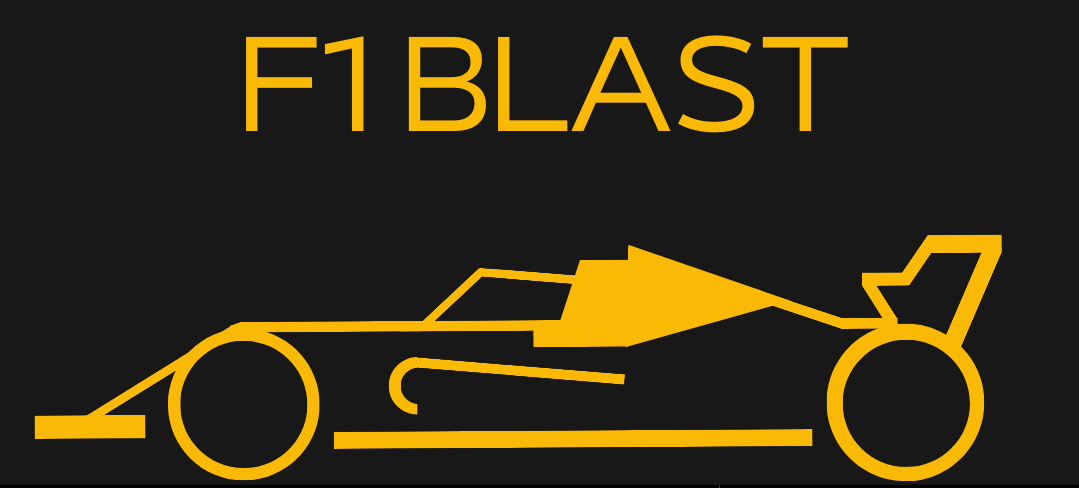In 2016, Lady Helen Stewart, wife of legendary Formula 1 driver Sir Jackie Stewart, received a devastating diagnosis – frontotemporal dementia. Recognizing the lack of treatment options and the urgent need for research, Stewart established the charity Race Against Dementia to pursue innovative approaches to finding a cure. By applying Formula 1 principles like innovation, resilience and attention to detail to medical research, Race Against Dementia aims to accelerate progress and fuel breakthroughs.
Jackie Stewart taking on Dementia
Sir Jackie Stewart is a titan of Formula 1, having won three World Championships in 1969, 1971 and 1973 along with 27 Grand Prix victories over a stellar career. However, in 2016 Stewart faced a challenge more daunting than any race, when Lady Helen was diagnosed with frontal temporal dementia at the Mayo Clinic. As Stewart came to grasp with the cruel impacts of dementia on his wife and companion of over 60 years, including severely impaired mobility and memory, he was moved to act.
Horrified by the lack of effective treatment and preventative measures, Stewart drew inspiration from Formula 1’s culture of innovation and problem-solving. He established the charity Race Against Dementia in 2018 with the mission of pursuing groundbreaking research to find a dementia cure. Stewart aims to integrate key F1 principles – resilience, teamwork, meticulous execution and relentless innovation – into dementia research, catalyzing progress in understanding this devastating disease.
Race Against Dementia became an official charitable partner of Formula 1, providing a global platform to raise awareness and funds for dementia research run by the pride of the F1, and a three time World Champion, who instead of peacefully enjoying his retirement, works hard, so others do not have to suffer the pain of going through dementia or having a family member fight with the illness.
Supporting Talented Researchers With Coaching
Race Against Dementia funds talented early-career dementia researchers with 5-year fellowships, covering research costs, salaries and expenses. However, Stewart recognized that merely providing funding is not enough. Scientists face immense pressure to constantly achieve results, secure grants, manage teams and commercialize innovations, often with little formal training.
To address this, Race Against Dementia collaborated with Hintsa Performance to provide personalized coaching focusing on both professional development and personal wellbeing. Aligned to key F1 traits, researchers obtain support across:
- Resilience – Coping with research setbacks productively
- Teamwork – Fostering collaboration for progress
- Attention to detail – Rigorously interrogating data and theories
- Innovation – Pushing conceptual boundaries to further understanding
Beyond this, Hintsa coaches have helped researchers to prioritize tasks, improve time management, reduce anxiety and stress, build confidence to communicate research, and make positive lifestyle changes around sleep, nutrition and fitness.
Instilling an F1 Mindset into Dementia Labs
Race Against Dementia has complemented its personalized coaching by directly transferring Formula 1 methodologies into the day-to-day operations of dementia labs. An immersive training program held at the Silverstone circuit in the UK focused on cultivating an F1 mindset within researchers.
Key elements included:
- Data-driven decision making – Rapidly translating insights into iterations
- Team dynamics – Aligning researchers efficiently to accelerate progress
- Workshop exercises – Creative problem solving under pressure
- Wellbeing foundations – Enabling sustained high performance
- Leadership skills – Managing resources strategically for maximum impact
This initiative indicates Jackie Stewart’s commitment to supporting researchers in a truly multi-dimensional manner, empowering them with skills beyond pure scientific knowledge to unlock their potential. The organization plans to build on early successes by providing further training to equip researchers to lead large-scale dementia programs comprising diverse teams.
Achieving Real Results in Dementia Research
The Race Against Dementia supported by tailored coaching and development programs have achieved remarkable outcomes since the charity’s founding. Researchers report being better equipped to handle the key moments that ultimately drive progress – delivering compelling presentations to secure the next critical grants, persevering through research setbacks with composure, and managing stress to avoid burnout.
They also emphasize how guidance around positive mindset, confidence-building, work-life balance and team dynamics has fueled greater creativity, innovation and paper productivity. Furthermore, researchers feel empowered to support their own team members more effectively thanks to Race Against Dementia’s holistic view of researcher wellbeing. Overall, the charity has enriched the personal growth of dementia scientists alongside advancing scientific understanding – a resounding vindication of its Formula 1-inspired ethos.
The Race Against Dementia recently shared their data on the progress on the fight. They can proudly advertise with:
- 18 fellows, who have been supported by the Race Against Dementia
- 9 of them have been promoted to senior positions during their fellowship
- Over £10 Milion has been donated to fund their research
- 138 paper have been published by the fellows so far
Applying Formula 1 Solutions to Societal Challenges
Race Against Dementia powerfully demonstrates how concepts that accelerate advancements in motorsports can transform medical research. Formula 1’s relentless technology innovation, meticulous planning, and deep driver support structures to extract every fraction of human performance all have immense relevance for dementia scientists pushing the boundaries of human knowledge.
Through RAD, Jackie Stewart channels his fighting spirit from the racetrack into a quest far more meaningful than any trophy – finding a cure for the cruel disease afflicting his beloved wife and over 50 million people worldwide. The charity’s progress spotlights Formula 1’s potential to drive solutions for some of society’s greatest challenges, and the responsibility of its veterans to lead the charge against threats like dementia.

